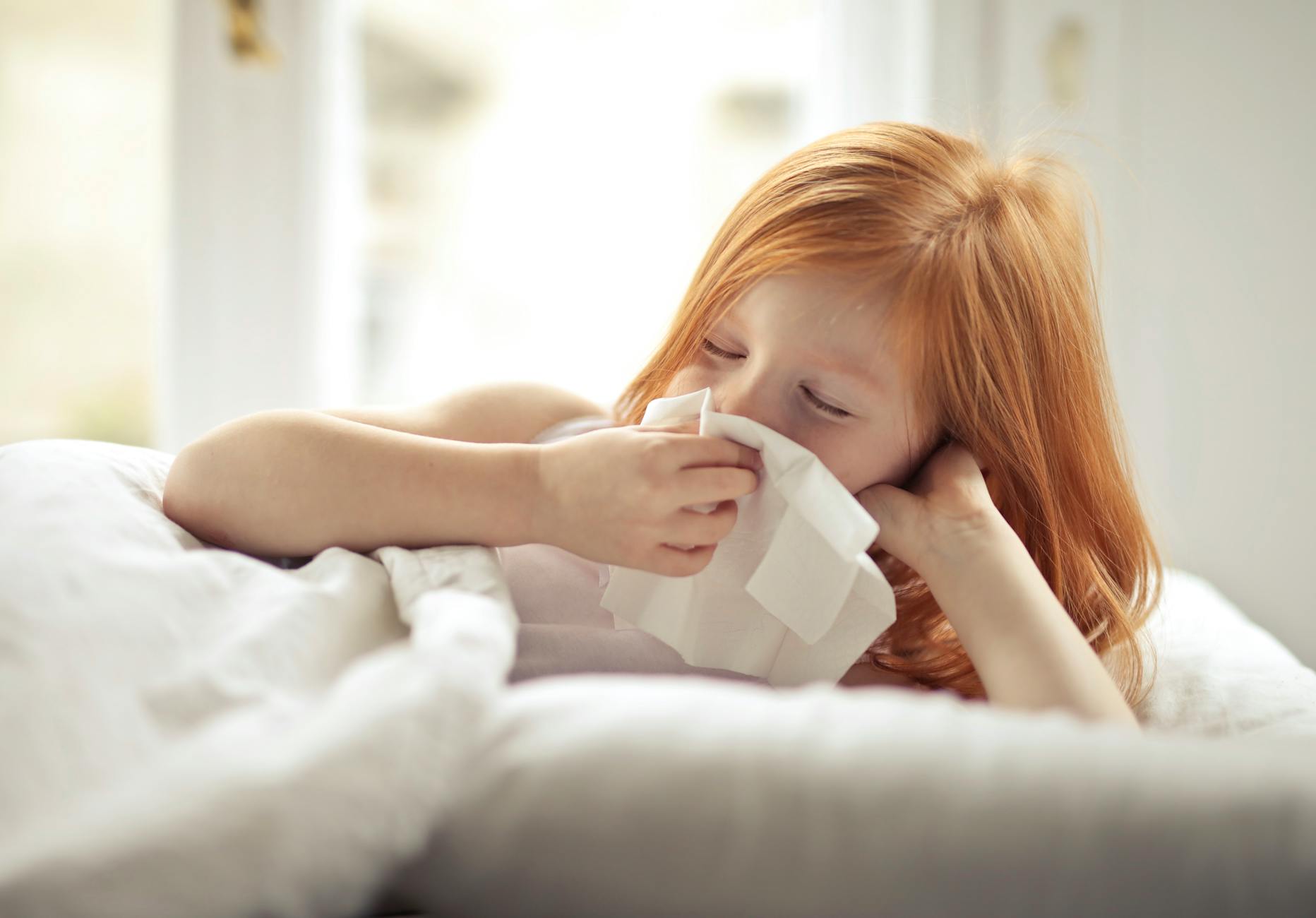
I used to wait for symptoms before doing anything
Every spring, it hit the same.
Sneezing before coffee.
Watery eyes by noon.
Scratchy throat at night.
By the time I remembered antihistamines, it was too late.
The symptoms had settled in.
And they weren’t in a rush to leave.
They told me the real preparation starts before you feel anything
I thought allergy season began when the trees bloomed.
But it actually starts before that.
Two to three weeks earlier.
That’s when your body begins reacting.
Even if you don’t feel it yet.
That’s when medication works best.
Before the histamine builds.
Over-the-counter meds work better if they’re already in your system
She used to take pills reactively.
After the sneeze.
After the pressure.
They still helped, but not much.
Then her doctor told her to start early.
Mid-February, not March.
Within days, the difference was obvious.
Less congestion.
Fewer flare-ups.
Better sleep.
I didn’t know pollen counts were something you could track
There are apps for it.
Websites.
Even daily news.
But I never looked.
Once I did, it changed everything.
I started avoiding open windows on high-count days.
Started planning errands for late evening, not morning.
Pollen levels peak before 10 a.m.
I thought staying inside would protect me
I kept windows closed.
Didn’t sit outside.
Still sneezed all day.
The allergist asked about air filters.
I didn’t have any.
That was the missing piece.
Now I run a HEPA filter in my bedroom.
I vacuum with one too.
And suddenly, my mornings got easier.
My clothes and hair were carrying allergens indoors
It wasn’t just the air.
Pollen stuck to everything.
Shoes.
Jackets.
Hair.
I started changing when I got home.
Showering before bed.
Washing pillowcases twice a week.
Tiny changes.
Huge difference.
I blamed the cat—but it wasn’t the cat
He sneezed every spring.
Thought it was pet dander.
Almost rehomed the cat.
Then tried an air purifier.
The sneezing stopped.
It wasn’t the animal.
It was the tree pollen clinging to the fur.
There’s a difference between treating symptoms and preventing them
I used to wait until things were bad.
Then double-dose medication.
It helped, but not well.
Prevention is different.
It means staying ahead.
Taking meds on schedule.
Even if you feel fine.
That consistency trains your system to calm down.
I stopped sleeping well every spring—and never knew why
It wasn’t anxiety.
Or stress.
It was post-nasal drip.
I didn’t notice it until I lay down.
The drainage irritated my throat.
Woke me up every night.
Now I use a nasal rinse before bed.
Something so simple helped me breathe again.
I didn’t expect my eyes to be the worst part
They burned.
Itched.
Watered constantly.
Makeup was impossible.
Eye drops helped—but only for an hour.
Then I found preservative-free ones.
Used them morning and night.
And stopped touching my eyes so much.
That helped most of all.
My allergy plan starts in winter now
That’s when I buy supplies.
Restock antihistamines.
Replace filters.
Check expiration dates.
Mark reminders on my phone.
So I don’t scramble when the sneezing starts.
So I can live normally when spring arrives.
My doctor said allergy shots were an option
I didn’t want weekly visits.
Didn’t want needles.
But nothing else worked.
So I tried them.
Gradually.
One year in, everything was easier.
Not gone.
But lighter.
Manageable.
My seasons started to feel like mine again.
I stopped thinking it was “just allergies”
They drained me.
Disrupted work.
Ruined sleep.
Made me anxious in meetings.
It was never “just” anything.
Once I respected how big the problem was,
I stopped minimizing the solution.
And that’s when things shifted.
I wish someone had told me sooner
That you don’t have to suffer every year.
That preparation matters more than reaction.
That little things add up.
And that relief isn’t only for lucky people.
It’s for the ones who learn to plan.
